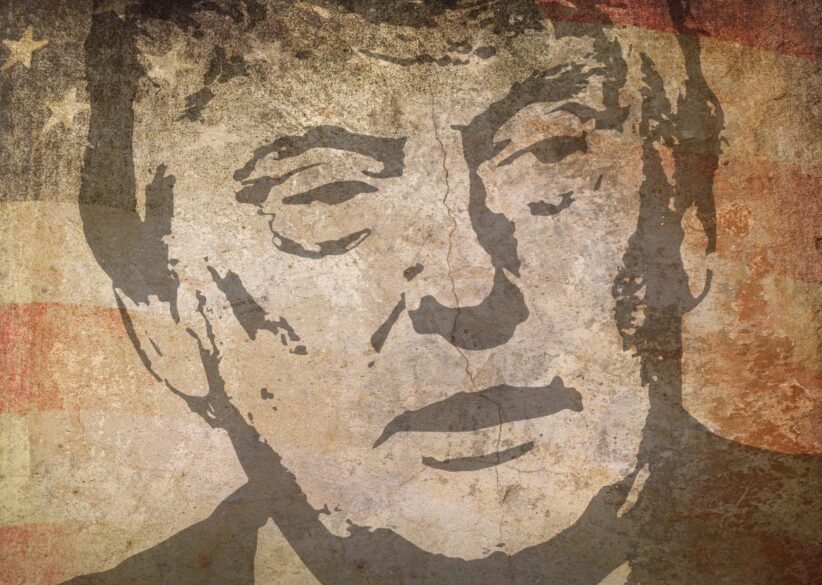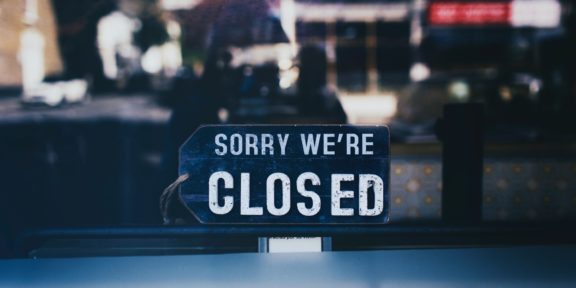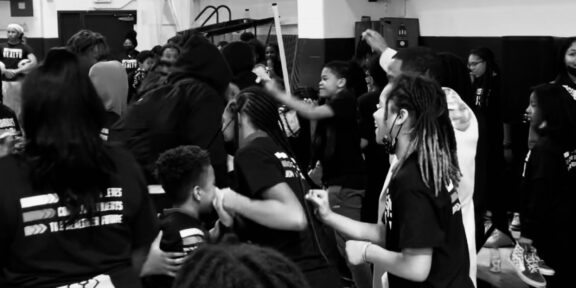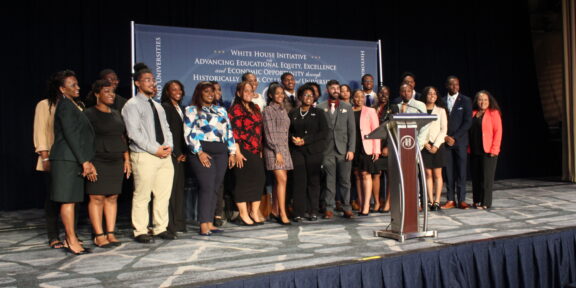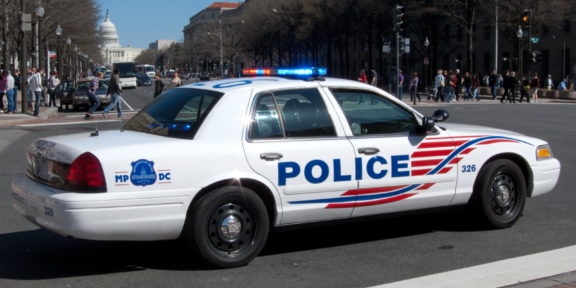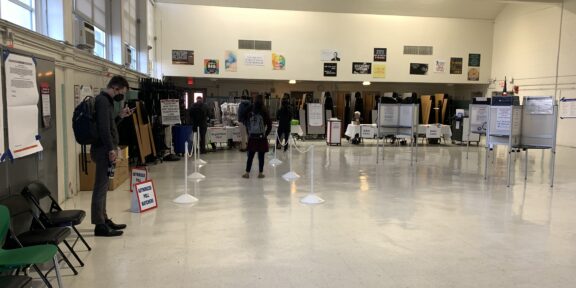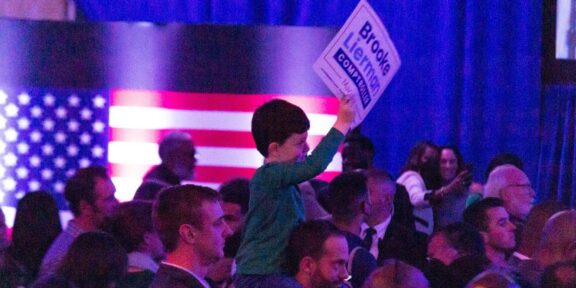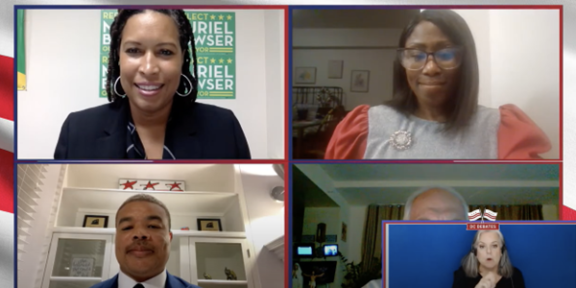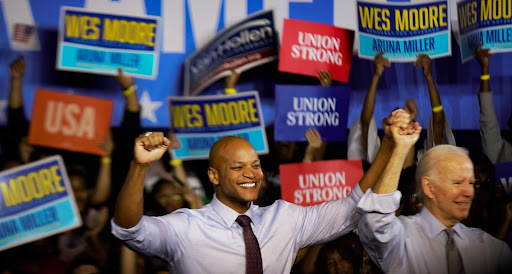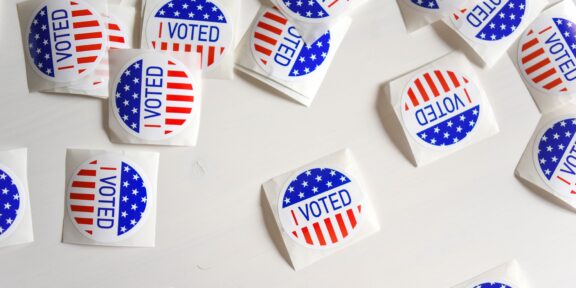By Jada Ingleton
Howard University News Service
The midterm elections come with a new area of concern: election deniers on the ballot.
The term election deniers came to be following the disputed claims of former President Donald Trump and his allies regarding the validity of the presidential election of 2020.
What started out as baseless allegations soon became a full-scale push for investigations into the records and voting systems of multiple states’ election offices. Though former Attorney General Bill Barr, among others, confirmed that there was never any proof found corroborating the stories of a stolen and fraudulent election, former President Trump continued to call democracy into question both publicly and legally.
In turn, he gained a plethora of supporters who even went as far as to storm the United States Capitol on Jan. 6, 2021, in hopes of disrupting the peaceful transition of power to then-President-elect Joseph Biden.
Recent studies have shown that well over 300 candidates in races around the country this fall falsely claim that the elections are flawed and fraudulent. According to States United Action, a nonpartisan election protection group, 13 of 27 secretaries of state races have an election denier on the ticket; and nearly six in 10 Americans will have an election denier on the ballot this year. This includes hotly contested races in Arizona, Florida, Georgia, and Pennsylvania.
“Since the beginning of this country, there has always been a select group of politicians who want to pick and choose who gets to vote for what. It wasn’t too long ago that women couldn’t even vote,” said Desmond Meade, executive director of the Florida Rights Restoration Coalition, in a voter’s advocacy Zoom meeting on Nov. 3.
He was one of several activists that attended a virtual town hall hosted by Oprah Winfrey’s ‘OWN Your Vote’ initiative. The town hall was designed to expand the knowledge, awareness, and understanding of the issues surrounding the midterm election.
Election deniers have focused on : changing how votes are cast and counted in elections, as well as changing control of the election results. Specifically, governors, attorney generals, and secretaries of state play an influential role in how future elections in their states are conducted.
With the influx of election-denying candidates in this election cycle, voters are anxious to see Tuesday’s poll numbers emerge.
“Make no mistake, democracy is on the ballot for all of us,” President Biden said in a speech on Wednesday.
According to campaign proposals and research conducted by Elaine Kamarck and Norman Eisen of Brookings, a nonprofit public policy organization, many of the election deniers are focused on more tightly controlling the voting process. Among their plans:
Addressing what they see as problematic voting by mail.
Eleven of 13 GOP candidates for Secretary of State say they intend to restrict early and/or absentee voting.
There are proposals to eliminate absentee ballot “drop-boxes,” restrict the number of drop-box locations, or mandate that the drop-boxes be physically under the authority of an election official.
Critics see these types of measures as voter suppression. “Sometimes they’ll make it so that you can’t vote at all or that if you do vote, your vote won’t be counted,” said Damon Hewitt, President and Executive Director of the Lawyer’s Committee fighting for voter’s rights, at Winfrey’s virtual town hall.
“In the days of Jim Crow, you think about literacy tests and poll taxes. Today, it looks like laws that limit polling hours, that ban drop boxes, that have new I.D. requirements that are difficult to figure out, lack of resources to make sure there are very long lines, or make it illegal to pass out food or water when you’re standing in that long line.” Hewitt said.
A month prior to election day, the National Task Force on Election Crises issued a report detailing the ways election officials can build trust among their voters, such as introducing a more transparent experience for poll watchers and keeping the public informed on voting updates and receipts.
Services such as the voter help hotline, 1-866-OURVOTE offer seven-days-a-week services to answer voters’ calls throughout the day whenever they encounter a problem, feel intimidated while at the polling site, or simply just have a question.

